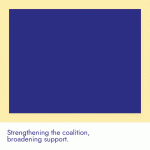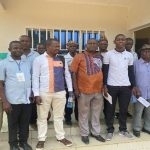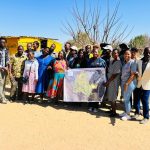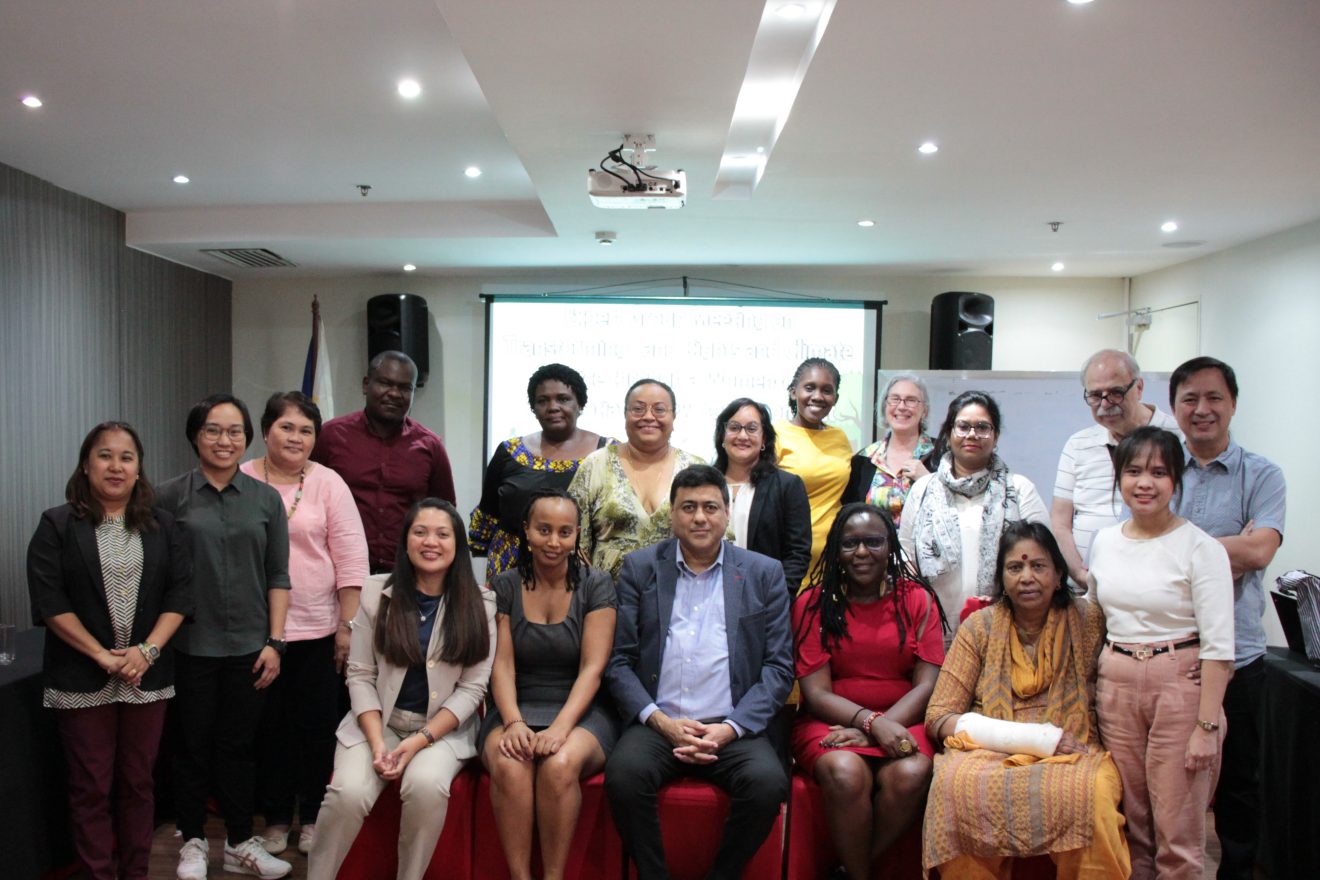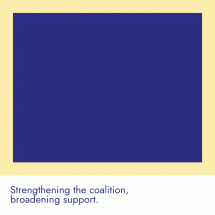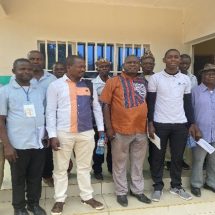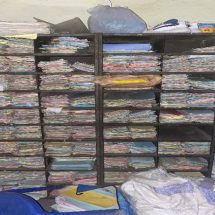Climate change-related threats and land insecurities are increasingly impacting upon disadvantaged communities, especially women and girls. In the context of evolving land policy discourse, intertwined priorities of land tenure security, climate justice, and gender equality require reference to global normative human rights and development frameworks as well as localized grassroots actions and approaches. Land tenure security and right to adequate housing remain fundamental to a fair, just, equitable, and sustainable climate action. It is within this context that an Expert Group Meeting (EGM) on ‘Transforming Land Rights and Climate Justice through a Women-Led Renegotiated New Social Contract‘ was jointly co-organized by the GLTN Rural Civil Society Organizations Cluster (through Huairou Commission/HC and the Asian NGO Coalition for Agrarian Reform and Rural Development/ANGOC), in partnership with the GLTN Research and Training Cluster (through the University of East London/UEL and the Namibia University of Science and Technology/NUST).
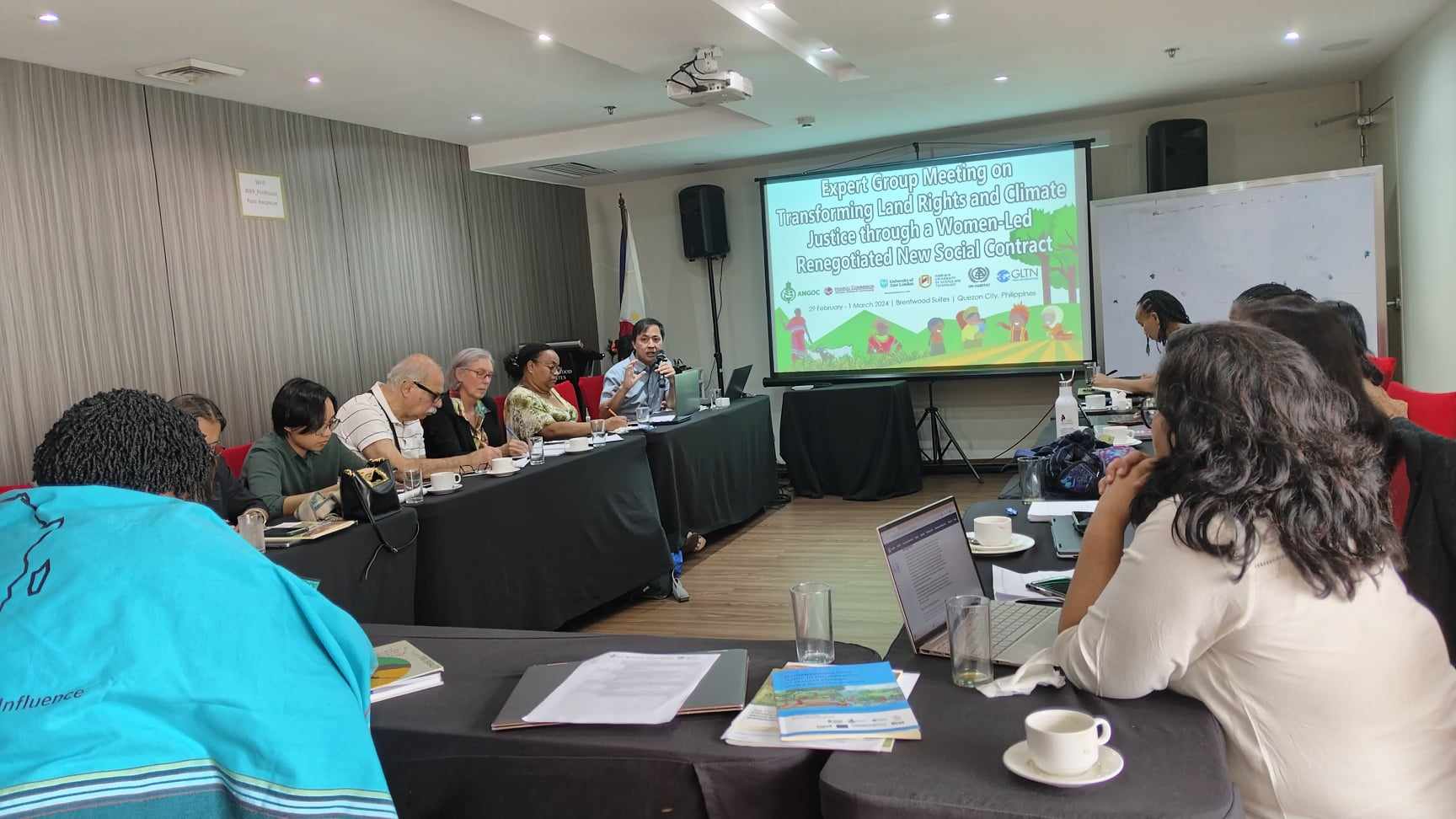
The EGM took place in Quezon city in the Philippines 29th February to 1st March 2024 bringing together twenty (20) representatives from across the GLTN Rural, Urban, Professional, and Research and Training clusters, as well as grassroots women, gender champions, human rights advocates, representatives from the civil society and the academia from Madagascar, Philippines Ireland, Australia, Bangladesh, United Kingdom, Tanzania, India, France, Kenya, and the United States of America. This EGM built on other similar events: the Gender Strategy and Youth Participation on Land Rights EGM held in June 2023 in London, United Kingdom, and the conference on “Mainstreaming land rights in the narrative of climate change — views from the ground” held in October 2023 in Dhaka, Bangladesh, both of which shaped the main agenda of emphasizing women’s leadership in addressing climate change and how grassroots women and community perspectives on land rights could inform new perspectives framed through the idea of a new social contract (NSC).
The EGM objectives aimed at: developing a common understanding on emerging challenges in relation to land rights, climate justice and gender equality, and how to respond to them effectively; contributing to the formulation of a new social contract to facilitate women’s climate justice using the experience of women-led land rights initiatives for inclusive and embedded multi-stakeholder partnerships; recalibrating existing GLTN land tools to deal with the multi-faceted aspects of climate justice, gender equality, and human rights; and, determining how to adopt an affordable, effective, and inclusive climate monitoring system in the context of land insecurities and effectively land administration and other responses.

Throughout the various sessions and presentations, participants actively discussed women’s and girls’ rights to land and the interface with the effects of climate change, and the urgent need for stronger protection, policies, and enforcement of laws to safeguard women’s land rights. The role of the government in addressing climate change, and the need for involving grassroots’ women’s leadership, and local communities’ in addressing climate action was emphasized. A common understanding emanating from these discussions is that the climate change discourse needs to be humanized, for instance through awareness-building and graphical knowledge dissemination in local dialects and the interpretation of scientific language on climate change to promote better understanding of this issue, and to support local climate action. At the same time, participants acknowledged the need for the continued adaption of existing GLTN land tools (Social Tenure Domain Model, Gender Evaluation Criteria, Tenure-Responsive Land Use Planning, etc.) to address land and climate issues and the need to refine other existing tools such as the Gender Evaluation Criteria (GEC) to integrate the climate dimension.
The main outcome from the EGM was the ‘The Quezon City Framework for Developing a Women-Led New Social Contract to Enhance Land Rights and Climate Justice‘ which aims at bringing together best practices, research, and experiences of diverse stakeholders in addressing land rights, climate justice, and connected priorities. Additionally, the EGM’s report which entails the strategic discussions in the two-day event, as well as the NSC is available here.
To further promote this new initiative, a special event on the New Social Contract will be held during the World Bank Land Conference within the ‘Global Land Initiative Session’ on Thursday, May 16, 2024. The event titled ‘Transforming land rights and climate justice through women-led renegotiated social contract’ will provide an opportunity to present the framework of a NSC based on the Philippines EGM, and to review ongoing and planned initiatives focused on strengthening the voices of grassroots women and girls towards a renegotiated new social contract.

